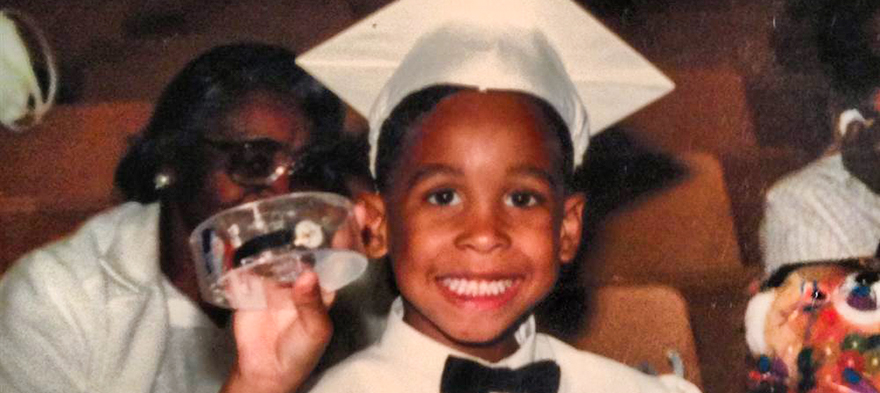
David J. Johns is executive director of the National Black Justice Coalition. He is the former executive director of the White House Initiative on Educational Excellence for African Americans. The Initiative works across federal agencies and with partners and communities nationwide to produce a more effective continuum of education programs for African American students. Prior to joining the Department, Johns was a senior education policy advisor to the Senate Committee on Health, Education, Labor and Pensions (HELP) under the leadership of Sen. Tom Harkin, D-Iowa. Before working for the Senate HELP committee under Chairman Harkin, Johns served under the leadership of the late Sen. Ted Kennedy, D-Mass. Johns also was a Congressional Black Caucus Foundation Fellow in the office of Congressman Charles Rangel, D-N.Y. Johns has worked on issues affecting low-income and minority students, neglected youth and early childhood education and with Historically Black Colleges and Universities (HBCUs). His research as an Andrew W. Mellon Fellow served as a catalyst to identify, disrupt and supplant negative perceptions of black males within academia and society. Johns is committed to volunteer services and maintains an active commitment to improve literacy among adolescent minority males. Johns obtained a master’s degree in sociology and education policy at Teachers College, Columbia University, where he graduated summa cum laude while simultaneously teaching elementary school in New York City. He graduated with honors from Columbia University in 2004 with a triple major in English, creative writing and African American studies. Johns was named to the Root100 in both 2014 and 2013, selected as a member of the Ebony Power 100 in 2015 and received an early career award from Columbia University, Teachers College in 2016.
If you have a child with disabilities, you’re not alone: According to the latest data, over 7 million American schoolchildren — 14% of all students ages 3-21 — are classified as eligible for special...
The fight for educational equity has never been just about schools. The real North Star for this work is providing opportunities for each child to thrive into adulthood. This means that our advocacy...
The story you tell yourself about your own math ability tends to become true. This isn’t some Oprah aphorism about attracting what you want from the universe. Well, I guess it kind of is, but...
Your donations support the voices who challenge decision makers to provide the learning opportunities all children need to thrive.
Ed Post is the flagship website platform of brightbeam, a 501(c3) network of education activists and influencers demanding a better education and a brighter future for every child.
© 2020–2024 brightbeam. All rights reserved.